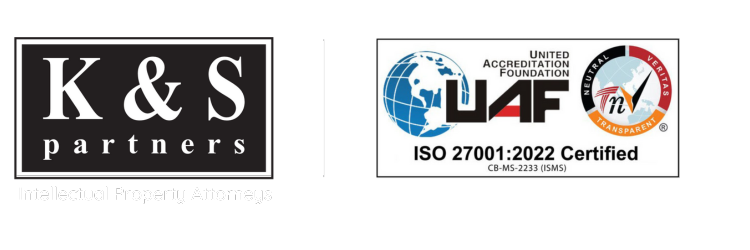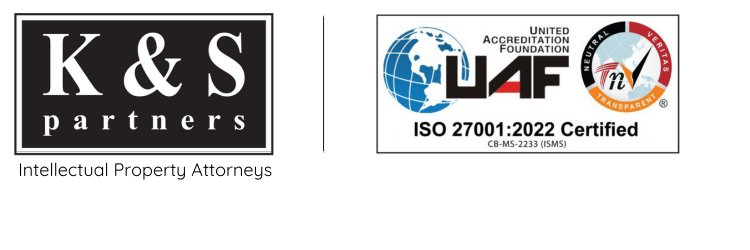In August, the Delhi High Court underscored the importance of adhering to patent opposition procedures outlined in the Patent Rules,2003, particularly Rules 55A to 62, setting a significant precedent for forthcoming patent disputes. The case at the centre of this development is Akebia Therapeutics Inc. (Akebia) v Controller General of Patents, Design, Trademark and Geographical Indications, & Ors.
The case revolved around a post-grant opposition filed by an opponent against Akebia’s patent pertaining to specific compounds used in medical research and treatments. The said post-grant opposition was filed under Rule 57 with contentions and documents, but no affidavit to support the contentions. Akebia responded under Rule 58, refraining from providing evidence due to the absence of an affidavit in the opponent’s filing. Subsequently, the opponent submitted a rejoinder under Rule 59, seeking to substantiate their Rule 57 contentions. Akebia objected, contending that Rule 59 did not permit new evidence in responses, and urged the Opposition Board not to assess the opponent’s challenges unless Akebia had an opportunity to present evidence. However, the Controller rejected these objections wherein arose the instant writ petition before the Delhi High Court.

The male hands with a pencil and magnifying glass and the service hours and notebook on the table
The Court carefully examined the legal framework governing post-grant patent oppositions as defined by the Patents Act, 1970, and Patent Rules. In its ruling, the Court sided with Akebia and emphasized the need for practitioners, especially opponents, to strictly adhere to the following statutory provisions:
(a) Affidavit Requirement (Rule 57): The Court clarified that documents submitted as part of a post-grant opposition under Rule 57 cannot be considered as evidence, as defined under section 79, unless supported by an affidavit. Without such supporting affidavits, these documents cannot be considered by the Opposition Board.
(b) No Late Affidavits (Rule 59): The Court ruled that the opponent cannot rectify the absence of an affidavit by filing a supporting rejoinder affidavit under Rule 59 subsequent to the submission of the patentee’s reply.
(c) Limited Additional Evidence (Rule 59): The Court clarified that the opponent can only introduce further evidence strictly confining to the matter submitted by the patentee in their reply statement filed under Rule 58.
Recommendations of the Opposition Board: The Court, referring to the Supreme Court’s judgement in Cipla Ltd v Union of India, also highlighted the recommendations of the Opposition Board have “great persuasive value” and are “crucial” in the Controller’s decision-making process. Further, the Court directed a fresh decision by the Opposition Board to ensure a fair and just decision-making process.
The Court also called upon the Controller General to ensure strict compliance with the provisions of the Patents Rules, particularly Rule 57, when handling post-grant oppositions, highlighting the pivotal role of the Opposition Board’s recommendations in shaping judgment outcomes.
This ruling serves as a notable precedent, emphasizing the critical nature of meticulous adherence to patent opposition procedure under the existing legal framework.

